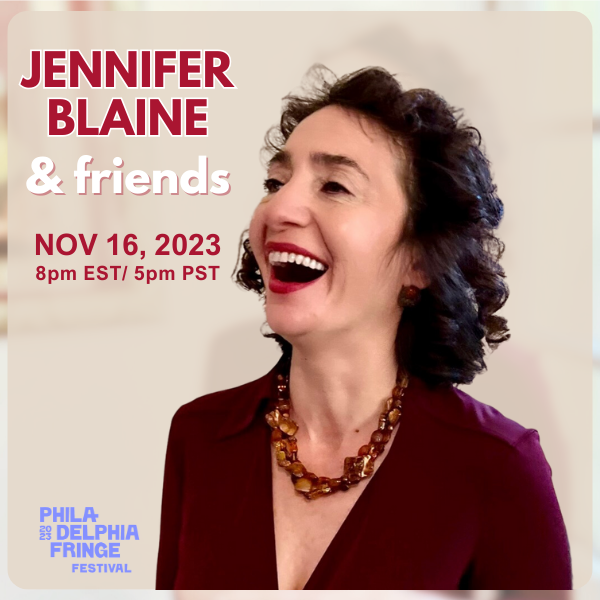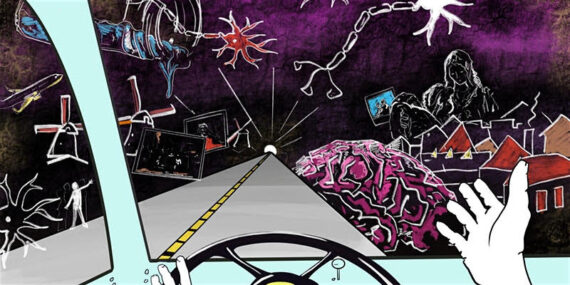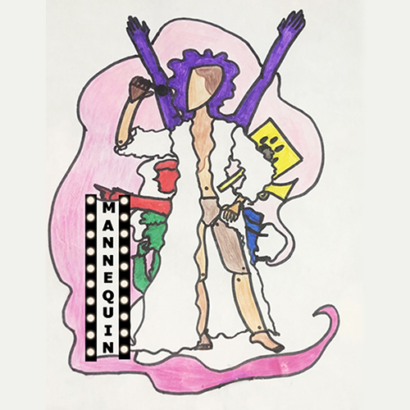Meg Zocco
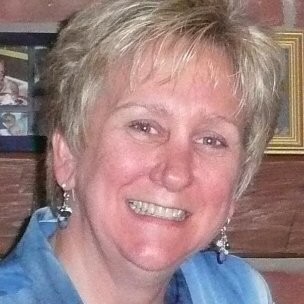
I was just a freshman at Wesleyan University, but I wanted out. It made no sense. I loved WESLEYAN. I had been looking forward to being there for so long. Back at Stuyvesant HS my friend Danny Grant, who was a year ahead of me, returned from his visit there exclaiming that he knew that not only he but I would someday attend Wes. Fast forward to my early decision acceptance. Everything was set.
In my first semester I took physics, directed experiences in acting, Spanish Literature, and intro to sociology. I also signed up to be one of the student representatives on the EPC, the Educational Planning Council, which was comprised of tenured faculty, lifetime administrators and two student reps. There was one student rep. and I was the other. I was in over my head. I was expected to weigh in on policy at the EPC, and then in classes I was a guinea pig (actor) for scenes from classic American plays directed by juniors and seniors, read Latin American literature in Spanish, and was expected to understand physics on the college level. My head swirled. I chose all these things. They genuinely interested me. The only trouble was I could not find myself anywhere in there. I had been an A+ student at Stuy. But here at Wesleyan I was expected to engage because of my own genuine interest. The trouble was I had none.
Enter Meg Zocco. Meg Zocco was the Dean for the incoming Freshman class. I knew her from letters sent before I ever reached campus. But then face to face with her during summer orientation I learned she was there to assist me to get acclimated. She brought the singer songwriter Christine Lavin — whom I loved!— to perform for us at the Center for the Arts. She guided us into a circle and then had us sit down and feel the support of the person behind us. Meg and I would wave as we passed each other on High Street. I pretended I didn’t need her.
Trouble is I liked her. I was always curious about her. She was insightful and beautiful and a little edgy. She seemed to be deeply self respecting while also getting her job done. How did she do that?
And so one day, as I struggled to comprehend Isabel Allende’s Casa de Los Espiritus, I found myself waiting outside Dean Zocco’s door to grab what I thought would just be a few minutes of Meg’s time. But once she ushered me into her office, to sit in the heavy brown wooden furniture, I sunk into a deeper truth.
“I don’t want to be here anymore.” I blinked, shocked at my own admission. What was I saying? I loved WESLEYAN. I was passionate. I loved all my classes. I was directed by Dar Williams in a scene from ENDGAME by Samuel Beckett. I was in love with the people. I made lifelong friends with Andrew Boorstyn, Nikki Hubbard and my other housemates at Greenhouse the first day! My parents and I were captured in a picture on the cover of the guide for parents’ weekend. I was literally the cover girl for WESLEYAN.
“What is hard about being here?” Meg leaned in with zero shame or judgement.
“I love WESLEYAN, but I don’t know why I’m here. It makes no sense to me. I worked so hard to get here.”
“Maybe it’s not the right moment,” Meg offered. “Do you think you need something else?” Again, Meg left so much space. She waited.
“I can’t go home because my parents won’t let me just drop out. I need to have a plan. I need something. I don’t know what to do.”
And then, Meg Zocco gave me a life lesson. It is a life lesson that I have used with hundreds of coaching clients over the years since then. She said, “make a list of the reasons to leave and the reasons to stay. List all the pros and cons.” I did. “Now Jennifer, try the totality of each scenario on. Which is the one that feels right?”
And I sat there facing the two choices and I didn’t want to drop out of WESLEYAN, but I could see clearly for the first time I could not stay. I was 18 and had made my first life choice as a semi-adult.
“Sometimes it’s not clear which is the best choice to make, but we do the best we can to make the choice that we can live with,” Meg offered.
I felt relieved and terrified. Meg assured me I had actually figured out what to do.
“But my parents won’t approve of this,” I told her. “They will kill me.” I told her. “Not necessarily!” She winked.” Let me talk to them.” I don’t know what she said to reassure my parents that I was not completely irresponsible and to permit me to live another day. And I don’t know why in my memory they somehow instantaneously materialized on campus. I can picture them there, in Dean Zocco’s office, unhappily accepting my decision. Yes, they were disappointed. You can’t always have everything!
I proceeded to devise a plan. I found a job through the career planning center as an aide at Perkins School for the Blind (where Helen Keller studied) where I worked with deaf blind retarded children. I secured a job, housing, income, and time to better listen to who I was and what I needed. I saved my money and when I completed my internship, I headed to Aberdeen Scotland to be in the Leaveners theatre company and participate in an international theatre festival. Then I traipsed through Spain by myself to get closer to Unamuno and Lorca and all the other writers I had only studied in books. Come August I was ready to return to Wesleyan. I studied theatre, Spanish, and became a women’s studies major because I now could hear my true self and I really wanted to hear and tell women’s stories of how they changed their own and others’ lives. And I completed my degree in 3.5 years, so I somehow got my education discounted so at least I managed to get that bonus for my parents.
Meg Zocco. Does she know how much she changed my life? Does she know how much she helps every person she touches in the Wesleyan community? And how do we in turn touch countless other lives? She has moved through a variety of positions at Wes over the years, but 33 years later she is still there. Now in parent relations, working with parents of students, some who were once Wes students themselves. Is it even possible to measure the impact of all she has brought to these relationships? I am just one student out of a class of 700 in one of those years. She personally supported, counseled, and mentored me. She changed my life so I was able connect with and honor myself. And I know she’s done that for countless others.
Spilling The Milk
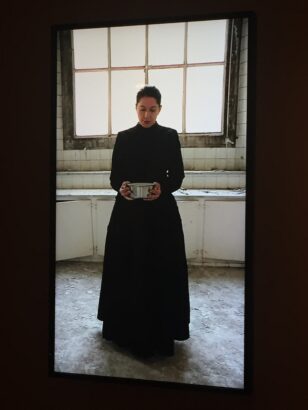
In June I was out in Detroit to give a presentation about how to resolve any conflict using the Karpman triangle. (You may think you don’t know what I am referring to, but you probably do. It’s when we recognize we are either playing the villain, rescuer, or victim in a conflict and with that awareness we free ourselves from being stuck in these roles.) Once I finished the power point, I had 3 hours before my flight home, so I secreted myself away to the Detroit Institute of Arts. I started with the Diego Rivera murals of the auto industry, caught some contemporary sculptures of the city skyline made from baseball bats, and made my way through the impressionists. While in the contemporary section I turned a corner and spied a Marina Abramovic video entitled “Spilling the Milk.” Here’s what a cool art publication had to say about it:
“In the Abramovic video, included in her widely acclaimed 2010 MoMA, New York, retrospective, the artist continues her earlier themes but places them within the tradition of seventeenth-century Dutch genre painting. A luminous window lights a glowing kitchen as Abramovic attempts to hold a brim-filled bowl of shimmering milk without spilling it. The video’s scene recalls the visual impression of works such as Vermeer’s The Milkmaid (1657) with its use of everyday subject matter to portray the intersection of sensuality and spirituality at the root of human experience. Yet the concentration and strength necessary to translate this moving image into the ideal, suspended stillness of a Vermeer painting tests the limits of the artist’s fortitude and the audience’s expectations.” — From Artweek.LA
As I studied her, people gathered on the bench opposite, and to either side of the screen. More kept pooling around the piece, illumined by the projection. It was literally a crowd favorite, the growing audience gathering to witness this milk carrying/spilling event. A mother and three children peered on. “Is she actually moving? Or is it freeze framed?” the girl asked.” I think she’s going to drop it!” one of the boys predicted. “It’s just like that, isn’t it?” the mother confided to me. “Mothering. It takes everything not to drop it all.” Abramovic, the artist, peered into the milk in her bowl, willing herself to hold still, despite the demands of gravity. “Funny you should bring up mothering,” I leaned over and whispered to the woman. “She actually had a very difficult relationship with her mother. She wanted her mother’s attention, and rarely got it.”
We turned back to the video. What made it so compelling? We hoped she wouldn’t drop the bowl. We also wanted to see her drop the bowl! We hoped she would shatter the quietly oppressive domestic scene. This tiny drama pulled us all in for almost 13 minutes. It ended with extra sloshing from the bowl and then faded out to black. No clear climax or finality. “Is that it?” someone said walking away.
I stayed, watched the piece again, and took this picture. The crowd dispersed and a new cycle of questioning eyes gazed at the screen. Marina Abramovic never won her mother’s approval and attention the way she wanted it as a girl, but she had won the world’s.
Influence
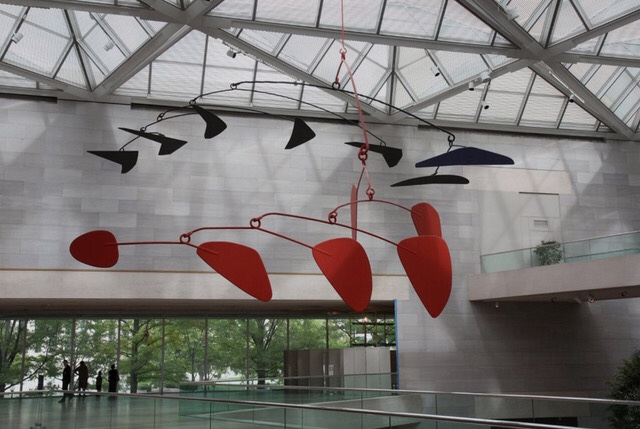 I really enjoyed reading a new book by Gay Hendricks over the winter break. (I got my coaching certification from The Hendricks Institute which he created with his luminous wife Kathlyn Hendricks.) In “The Joy of Genius” Gay talks about the value and importance of recognizing there are many things we don’t have control over and some things we do. Yes, you may also recognize this as the serenity prayer, and I wrote about the concept in an earlier blog post as one of the main teachings of the philosopher and once-slave Epictetus. I’ve encountered some people that say we don’t have control and it’s best to let go regarding just about everything. I find that very hard and sometimes a very boring attitude to have about life. I like trying to go for things, even if they seem unlikely. Where does that leave me?
I really enjoyed reading a new book by Gay Hendricks over the winter break. (I got my coaching certification from The Hendricks Institute which he created with his luminous wife Kathlyn Hendricks.) In “The Joy of Genius” Gay talks about the value and importance of recognizing there are many things we don’t have control over and some things we do. Yes, you may also recognize this as the serenity prayer, and I wrote about the concept in an earlier blog post as one of the main teachings of the philosopher and once-slave Epictetus. I’ve encountered some people that say we don’t have control and it’s best to let go regarding just about everything. I find that very hard and sometimes a very boring attitude to have about life. I like trying to go for things, even if they seem unlikely. Where does that leave me?
What’s left is influence. Once we let go of the things we can’t control (our thoughts, the past, the future, controlling other people, worrying about what people think of us) we can appreciate and better see what we want to create now. I like to envision that power to influence a situation as if I were engaging an Alexander Calder mobile. It’s huge, like the world. I may not transform it or radically dismantle it, but my influence can utterly shift its orientation. Although it’s mammoth, I can influence it. The winds can change how they go around it. I also may enjoy the process of moving its awesomeness. My perception of myself changes too.
I also find that from that spirit of influence some things come to me easier. I am not attached. I stop trying to get things right and make offers, sometimes even grand visions. Just today I was writing to the head of a college department about all the benefits of what I bring as a performer and speaker and how someone I apprenticed from my college 7 years ago, has gone on to become a screenwriter in LA, living their dream. I can’t take full credit for this achievement, but I know I influenced her to go for her dream. Influence is a delicious and inviting way to engage people to play and dream big. The professor actually wrote me back with enthusiasm. Will I get to perform for and mentor her students? I don’t know, but I am playing with the mobile and dancing in the prospect of making it happen.
Are there ways you want to play with moving out of trying to control and into influence? Let me know how it feels for you to tap the mobile.
The Stacks, A Remembrance
 My father was married to his job. We would see him, but not that much. He left the house at 6:15 am or thereabouts and returned home about 5:45 most nights. He didn’t have a lot of energy for anyone at that point. I know we had dinner together, but I don’t recall him bringing a whole lot of enthusiasm to that. He was married to my mother, and they were almost like one organi
My father was married to his job. We would see him, but not that much. He left the house at 6:15 am or thereabouts and returned home about 5:45 most nights. He didn’t have a lot of energy for anyone at that point. I know we had dinner together, but I don’t recall him bringing a whole lot of enthusiasm to that. He was married to my mother, and they were almost like one organi
My father was married to his job. We would see him, but not that much. He left the house at 6:15 am or thereabouts and returned home about 5:45 most nights. He didn’t have a lot of energy for anyone at that point. I know we had dinner together, but I don’t recall him bringing a whole lot of enthusiasm to that. He was married to my mother, and they were almost like one organism in activities, but I suspected much of his best energy went into his job. Well, I more than suspected. I had evidence.
Every once in a while, I got to go to school with my Dad. He was always a teacher, but towards the end of his 32-year stint in teaching he was also the head of the English Department as well as the Vice Principal of Martin Luther King Jr. High School. We’d walk into the school and he would be barraged with students and staff, “Mr. Blaine!” People had questions for him, smiles, complaints. He wore a suit and was buttoned in and down. He could field it all. He’d turn to me and take me upstairs. I was there less to spend time with him, and more so he could put me to work in the stacks.
There were these industrial shelves filled with multiple copies of books: To Kill A Mockingbird, Of Mice and Men, Go Tell It On The Mountain, all the classics and mandatory reading for high school English. They stretched to fill the 20×30 windowless room. I’d flip open the book and scan the tenant’s names. Often the names would slip outside the designated lines, the last name teetering on the book log precipice. I couldn’t tell whether my father had taught that particular child, but I imagined if they had been in his class and written so disrespectfully it wouldn’t have gone particularly well.
I loved gathering the books, putting them in order, taking the neglected books and reinforcing a cover, weighing whether the book could take another season of battering. My father was there to teach the kids. He was there to oversee the other teachers. My father. My father loved these books, so I loved these books. I couldn’t help it. And I loved fantasizing about how each of these books traveled with its temporary owner for months. Making a path to their home and back. Touching the tar on the basketball court, withstanding the subway floor, swallowed in an asphyxiating book bag, barely seeing the light of day. And then every summer, these books were officially on vacation, enjoying the view from the one side exposed townhouse apartment of this industrial shelving in the English department book storage. Except for the one or three books still playing hooky somewhere — under a bed – forgotten – unwanted – or stealing away time at the side of a public pool.
I loved it in the stacks. The smell of paper was flavorless but sturdy. The smell of long-lasting curriculum. The smell of what my Dad believed was worth the children’s time.
sm in activities, but I suspected much of his best energy went into his job. Well I more than suspected. I had evidence.
Every once in awhile I got to go to school with my Dad. He was always a teacher, but towards the end of his 32 year stint in teaching he was also the head of the English Department as well as the Vice Principal of Martin Luther King Jr. High School. We’d walk into the school and he would be baraged with students and staff, “Mr. Blaine!” People had questions for him, smiles, complaints. He wore a suit and was buttoned in and down. He could field it all. He’d turn to me and deliver me upstairs.I was there less to spend time with him, and more so he could put me to work in the stacks.
There were these industrial shelves filled with multiple copies of books: To Kill A Mockingbird, Of Mice and Men, Go Tell It On The Mountain, all the classics and mandatory reading for high school English. They stretched to fill the 20×30 windowless room. I’d flip open the book and scan the tenant’s names. Often the names would slip outside the designated lines, the last name teetering on the book log precipice. I couldn’t tell whether my father had taught that particular child, but I imagined if they had been in his class and written so disrespectfully it wouldn’t have gone particularly well.
I loved gathering the books, putting them in order, taking the neglected books and reinforcing a cover, weighing whether the book could take another season of battering. My father was there to teach the kids. He was there to oversee the other teachers. My father. My father loved these books, so I loved these books. I couldn’t help it. And I loved fantasizing about how each of these books traveled with its temporary owner for months. Making a path to their home and back. Touching the tar on the basketball court, withstanding the subway floor, swallowed in an asphyxiating book bag, barely seeing the light of day. And then every summer, these books were officially on vacation, enjoying the view from the one side exposed townhouse apartment of this industrial shelving in the English department book storage. Except for the one or three books still playing hooky somewhere — under a bed – forgotten – unwanted – or stealing away time at the side of a public pool.
I loved it in the stacks. The smell of paper was flavorless but sturdy. The smell of long lasting curriculum. The smell of what my Dad believed was worth children’s time.
Authentic Emotional Response
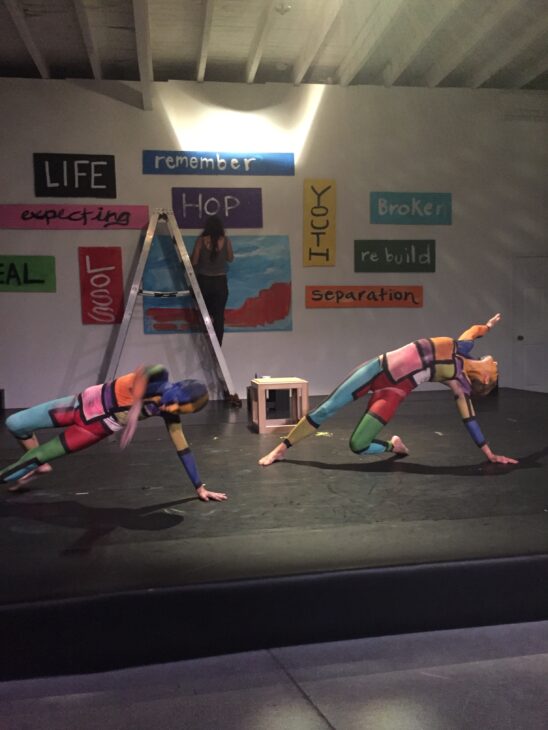
I was standing in the kitchen this morning reflecting on the somewhat predictable weekend routine: get my kid to do her homework, do the dishes, get the food shopping done. I noticed this did not inspire me. I also noticed that I was already seeing this as a stale day. With this awareness I grabbed a hold of myself and said, “today could be really awesome.” I interrupted the predictable pattern that was stifling me and I planted this sparkling intention. A half hour later I got a text from Jess Noel asking if Lily was available to do some choreography she had just made. “I want to see it on two bodies,” she said. “We can be there in 42 minutes!” I said. I just had to find my car… another story for another day.
Reunited from their project this summer, Paprika Plains, in which they danced and were body painted by Jess’ sister Natalie Fletcher, Lily and Jess pledged to find a way to collaborate again on a project in 2019. For today they just warmed up and worked through some steps for an upcoming audition Jess would be holding this week. Although it had been 4 months since Lily and Jess danced, they moved to the latest LSD song “Mountains” and marked through their motions and dance vocabulary, picking up the dance dialogue they last had in September.
Afterward we chatted about our creative hopes and dreams for the new year. For this year Jess shared she wants to make art and connect deeply and in meaningful ways. Lily wants to do some professional theatre work. And I want to create a new show to explore anti-semitism which will somehow not be depressing, and possibly funny. We talked about the magic of the Paprika Plains project, how so many in the audience shared with us that they were moved. I recounted how each and every audience member I spoke with shared about their own lives, and felt that the piece spoke directly to them. “That’s what I am looking for,” Jess said. I want an “Authentic Emotional Reaction” from the audience. I want to make art that does that.” “You should write about that,” I told her. “No,” she said, “but feel free to write about it if you want to,” she told me.
So here I am, embracing the start of another magical year of creating work. And I’m now embodying the purpose to evoke an authentic emotional reaction, a connecting thread that envelops more and more people into a community for dialogue, trust and change. I asked for an awesome day, and I got it. I am asking for an authentic emotional reaction with my creations and am curious what will happen. By the way, I still haven’t done the food shopping and I am just fine about that. Making the art and writing about making the art is a bigger priority. The joy that results from that is now fueling my day.
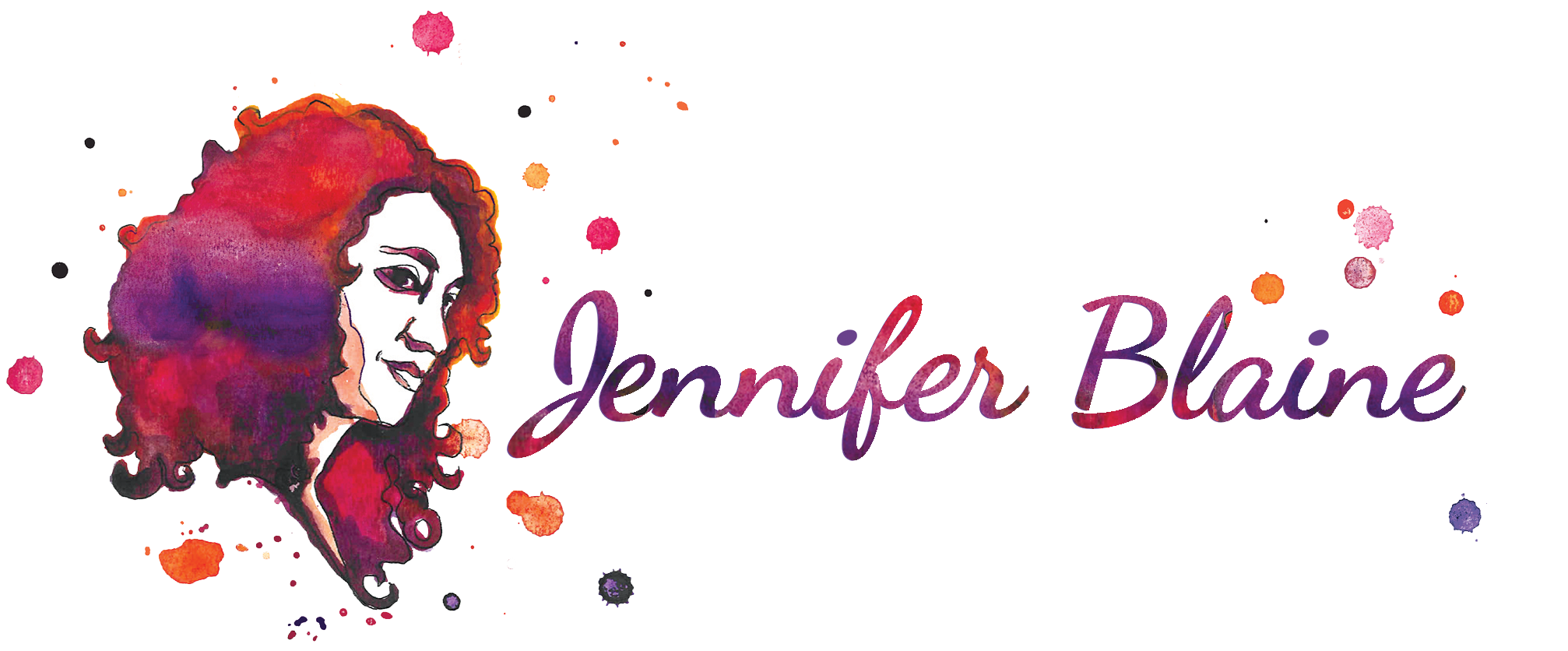

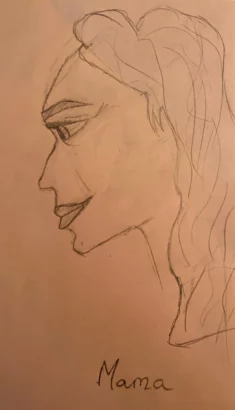 (Lily drew this picture of me New Year’s Eve)
(Lily drew this picture of me New Year’s Eve)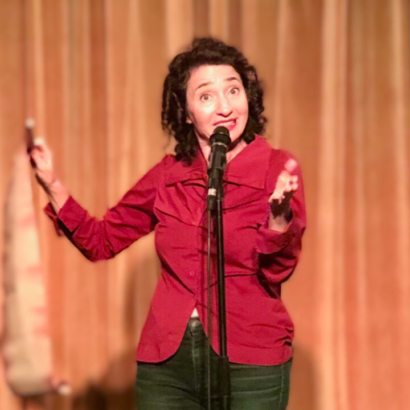

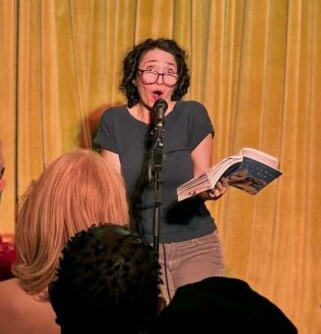
 Read full article
Read full article 